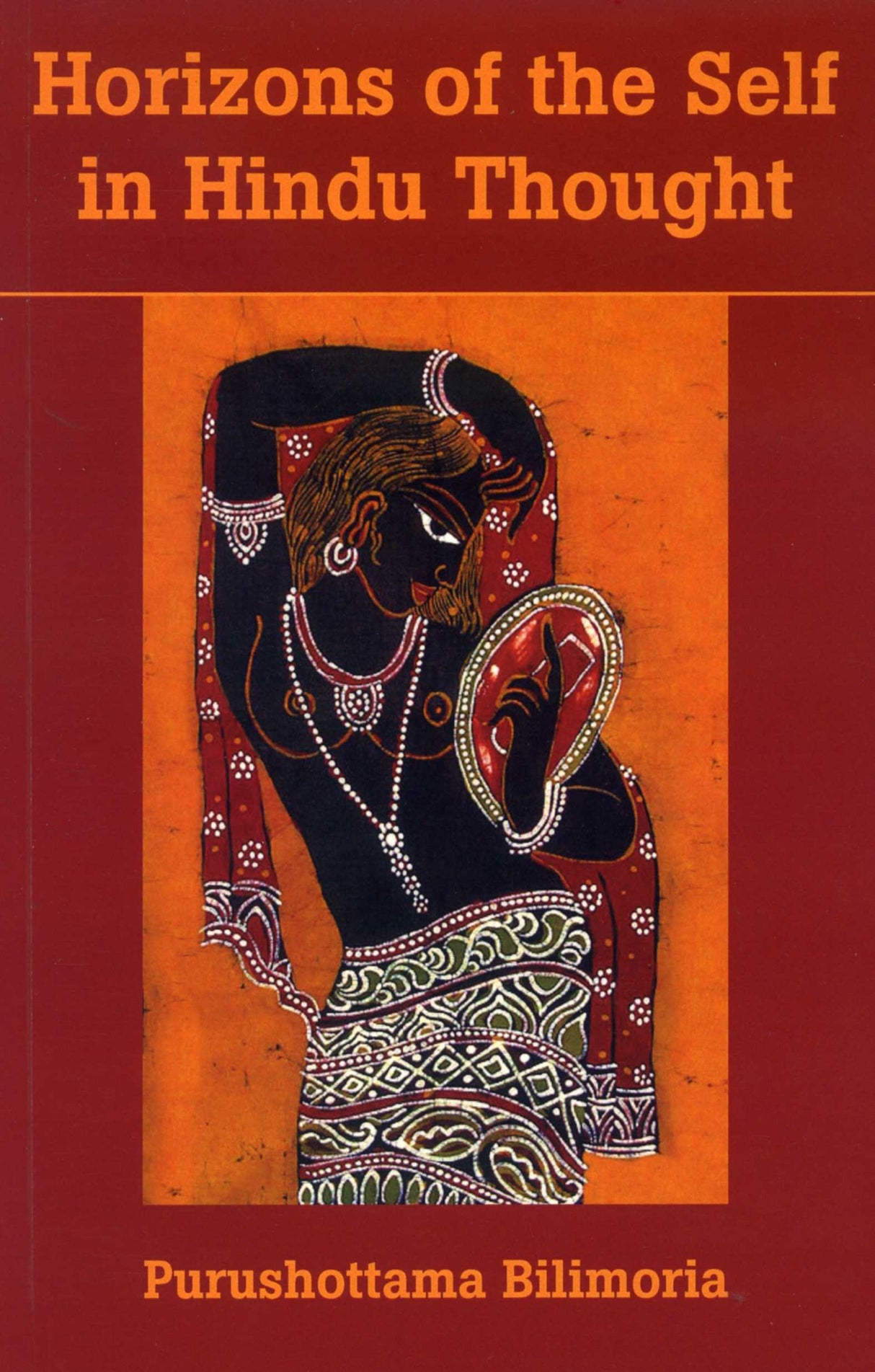Horizons of the Self in Hindu Thought
Horizons of the Self in Hindu Thought is backordered and will ship as soon as it is back in stock.
Couldn't load pickup availability
Genuine Products Guarantee
Genuine Products Guarantee
We guarantee 100% genuine products, and if proven otherwise, we will compensate you with 10 times the product's cost.
Delivery and Shipping
Delivery and Shipping
Products are generally ready for dispatch within 1 day and typically reach you in 3 to 5 days.
Book Detail
- Author: Purushottama Bilimoria
- Brand: D.K. Printworld Pvt. Ltd.
- Edition: 3rd Edition (Published in India)
- Binding: Paperback
- Number of Pages: 102
- Release Date: 01-01-2016
- Model Number: NAN414
- Part Number: NAN414
- EAN: 9788124608500
- Package Dimensions: 0.2 x 5.3 x 8.4 inches
- Language: English
Description:
This book explores the various conceptions of the self in the Hindu tradition, analyzing Vedic texts, Upanishads, and Vedanta (especially Advaita philosophy) to answer fundamental questions about the nature of the self, its origins, and its continuity over time and space.
Key discussions include:
- The diversity of self-concepts in Hindu thought and historical attempts to unify them.
- Samkhya’s radical perspective on the self, contrasting with the Upanishadic and Advaita Vedanta views.
- Buddhist critiques and “neo-self” theories, offering alternative perspectives.
- The fate of the self in the contexts of karma, dharma, death, and rebirth.
- The purpose and potential of the self, including the ultimate goals of human existence.
- Shankara’s interpretation of the self and his critique of non-self doctrines.
This book provides a concise yet profound discussion for students, scholars, and general readers interested in Indian philosophy, Hindu metaphysics, and the concept of selfhood.





